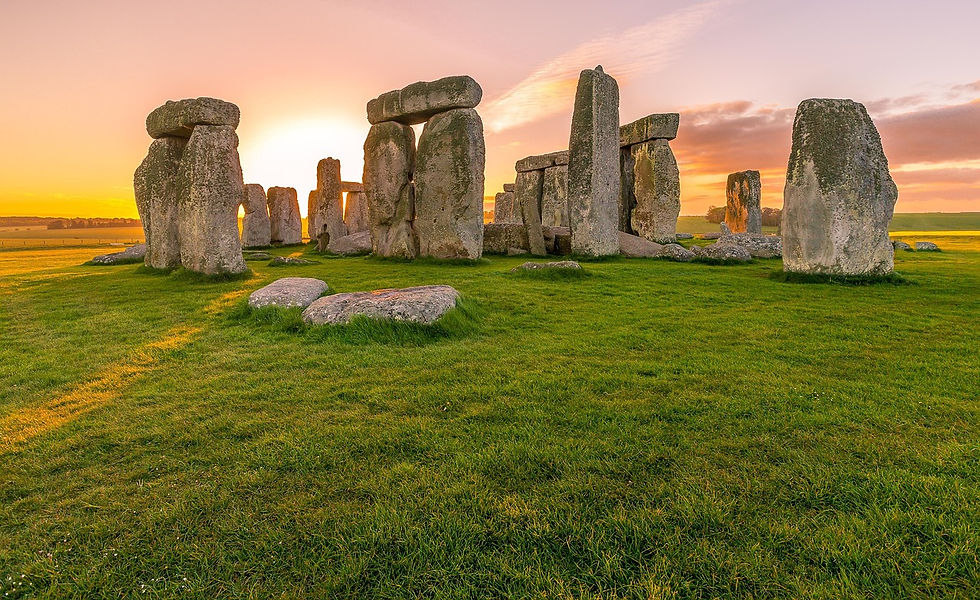Studying the past, understanding the present, impacting the future: genealogical research
- Beth Blakesley
- Jul 24, 2023
- 2 min read
Updated: Aug 27, 2023
A silver lining of the pandemic was the gift of having more time at our disposal (no commute, fewer chores/errands) and the increase in virtual offerings while conferences and events were shut down. For me, this opportunity allowed me to dive back into genealogical research.
In the summer of 2020, I enrolled in a continuing education class for librarians offered by the University of Wisconsin, which included temporary access to Ancestry.com. The amount of information that had been digitized since the last time I had looked was staggering. I then discovered week-long institutes and even longer classes, one-hour webinars, and lectures on any topic imaginable, available online from the Institute of Genealogical and Historical Research (IGHR), Salt Lake Institute of Genealogy (SLIG), Genealogy Research Institute of Pittsburgh (GRIP) and many other organizations. Many lectures and presentations are recorded and made available for free or at low cost. Genealogists are very generous with sharing knowledge and resources.
Last month, I took a week-long GRIP Institute with genealogists Gena Philibert-Ortega and KB Barcomb that focused on the US from 1918-1930. Gena is a specialist in material culture and social history, while KB focuses on military history. I’ll take just about any class Gena offers anywhere, but this one was a must-do because that time frame is key for me.

I am researching and writing about my great-grandparents, Nora Burcham Duncan (1893 – 1929) and Luther Duncan (1889 – 1938), which means that I am researching and writing about mental health and its treatment, domestic violence, trauma, societal norms, and the impact of the first world war. I'm also looking at the impact these things have on subsequent generations, whether we realize it or not.
Thanks for reading and sharing this fascination, this project and personal walk with me through genealogy, family history, and research learning.
Until next time,
Beth Blakesley
blueberry blackbird studio




Comments